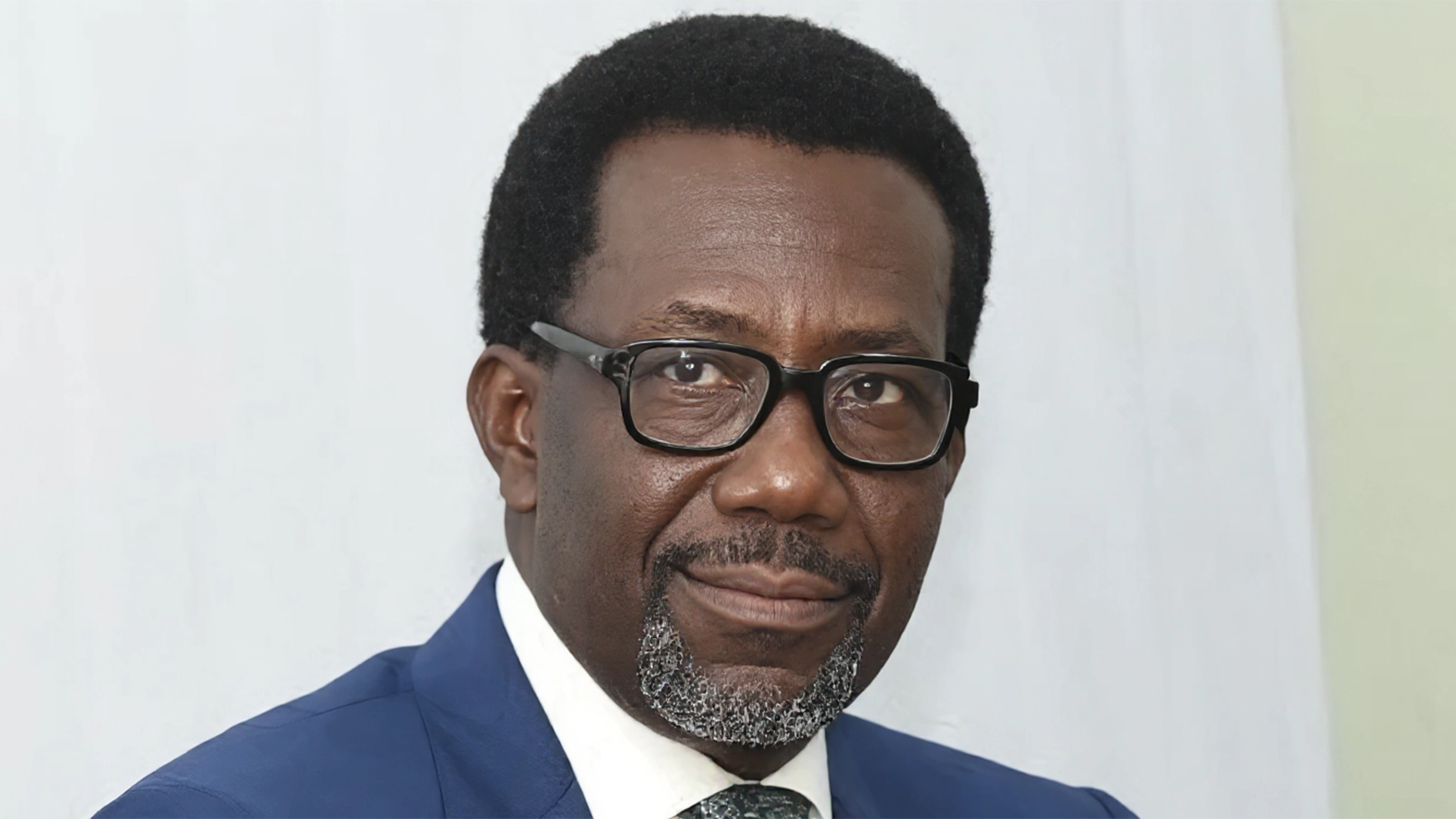 “
“
The history of off-shore banking is a very interesting one. Some claim that the ideas go all the way back to Channel Islands of France in the early 1800s. For others, it started once Switzerland became officially “neutral” in 1815. Regardless of its foundations, off-shore banking has become a normal part of international finance. So normal that most big businesses and wealthy individuals are expected to have off-shore accounts.
The logic behind these off-shore accounts back then was very simple. It was a way for these wealthy individuals and big businesses to protect their wealth. Back in the 1800s when Europe seemed to be in a perpetual state of turmoil, wealthy individuals and merchants needed a place to protect their wealth from what they deemed was unnecessary taxation by then European states to finance wars, or to put it less diplomatically, to dodge taxes. The logic was simple. Take the wealth to a place where the state cannot get to and keep it there. Napoleon could not enforce a tax on wealth hidden in the Channel Islands because he had no authority over the Channel Islands. The British crown could not unilaterally freeze bank accounts in Switzerland because it had no authority of Switzerland.
In the 1800s this was probably a relatively difficult thing to do for most merchants and wealthy individuals. Fast forward to 2018, and the improvements in technology and communication, and the ease of domestic air travel, have made off-shore banking available to a much larger subset of the world. It is now common for businesses to operate accounts in off-shore tax havens and is in-fact regarded as an infraction against shareholders if they don’t. This of course, does not imply that such businesses are trying to dodge taxes, but it does tilt the balance of power away from governments and tax authorities towards businesses.
Imagine a business having to choose between two options. On the one hand, its wealth is kept in a jurisdiction where the state can unilaterally seize some of it, versus a second option where its wealth is kept in a jurisdiction where the state cannot unilaterally seize it. Even if it plans to not commit any crimes or dodge any taxes, the option where the state cannot unilaterally seize its wealth is always the smarter option. The right choice is so obvious, even in Nigeria, that it is now common for businesses seeking investment to be forced to set up legal entities in off-shore havens like Mauritius.
The story however does not end there. The march of technology never stops, as they say. It is now getting even easier to access such off-shore services over the internet. The last few years has seen the rise of digital-only banks where you can open accounts domiciled in foreign countries without ever having to visit a branch or be physically present. Technology is slowly making secret off-shore banking accessible to everyone. Guaranteed it is still somewhat held back by regulatory issues mostly around terrorism financing and money laundering. But knowing how entrepreneurs work, it is only a matter of time before those challenges are overcome. The likelihood that by 2028, a random Terdoo in Gboko will be able to open a bank account in Panama through her phone and rout all her transactions there is probably close to 100%.
Why am I telling you all this story? In the last few months there have been a lot of shenanigans by the EFCC and FIRS with regards to accessing and freezing bank accounts. According to reports, the EFCC froze the accounts of the Benue and Akwa Ibom state governments. The FIRS is also apparently appointing banks as collection agents and subsequently freezing the accounts of taxpayers allegedly in default of tax payments. I am not privy to all the information, so I do not know if court orders were gotten or if the business targeted had been serial tax defaulters and were given notices. However, I do know that such actions only push people and businesses to search for options. And the options are increasingly becoming available. Of course, the party that will pay the cost is our financial system.
This is not making excuses for corruption or tax avoidance, but its important that the authorities are aware of some of the consequences of their actions. There needs to be justice and fairness, or at least the appearance of it, else they will only hasten the search of options. Then it will only be a matter of time before the average Terdoo decides to opt out of the Nigerian financial system.
Nonso Obikili is an economist currently roaming somewhere between Nigeria and South Africa. The opinions expressed in this article are the author’s and do not reflect the views of his employers.
[ad unit=2]






